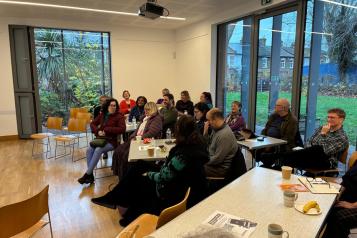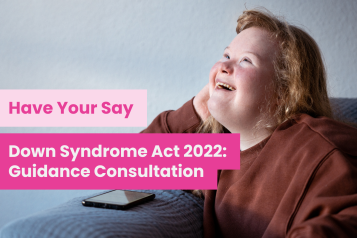Health Safety Investigations Body

The safety body investigated his death and I want to highlight a few of their warnings. The issues themselves are not new, but are sticking points which repeatedly rear their heads:
- People with a learning disability admitted to an acute hospital are often cared for by staff without training or experience in working with people with a learning disability. This is also often true for those with autism.
- Staff often have limited support and are unable to take the time they would like to meet the person’s needs.
- Acute hospital staff may lack confidence and support in assessing the mental capacity of people with a learning disability, in line with the Mental Capacity Act: I see this frequently brought up in CQC reports.
- There is no national system for sharing information about the needs of people with a learning disability.
- Long-held societal beliefs about the abilities of people with a learning disability may influence the provision of and decisions made around their care.
The mortality gap between those with learning disabilities and those without is 18 years - and this has not changed in the last decade despite numerous NHS reports.
Readers may know the story of Oliver McGowan, a young man with a learning disability and autism who died in hospital following a catalogue of failures. His amazing mother Paula has since fought to hard to improve the system, leading to the roll out of new training for hospital staff. Healthwatch Kingston staff team will be undertaking the Oliver McGowan NHS training.
Caring for adults with learning disabilities in acute hospitals
The aim of this report is to help improve the inpatient care of adults with a known learning disability in acute hospital settings. A person with a learning disability has a reduced ability to understand new or complex information, learn new skills and live independently. In the UK, it is estimated that approximately 2% of adults have a learning disability. Providing equitable care to people with a learning disability is a priority for the NHS.
Health and care services are required to identify and record the specific needs of each person with a learning disability and any ‘reasonable adjustments’ they require, so they can be cared for safely and effectively. Reasonable adjustments are changes made by organisations to make it as easy for people with a disability to use services as it is for people who do not have a disability.


